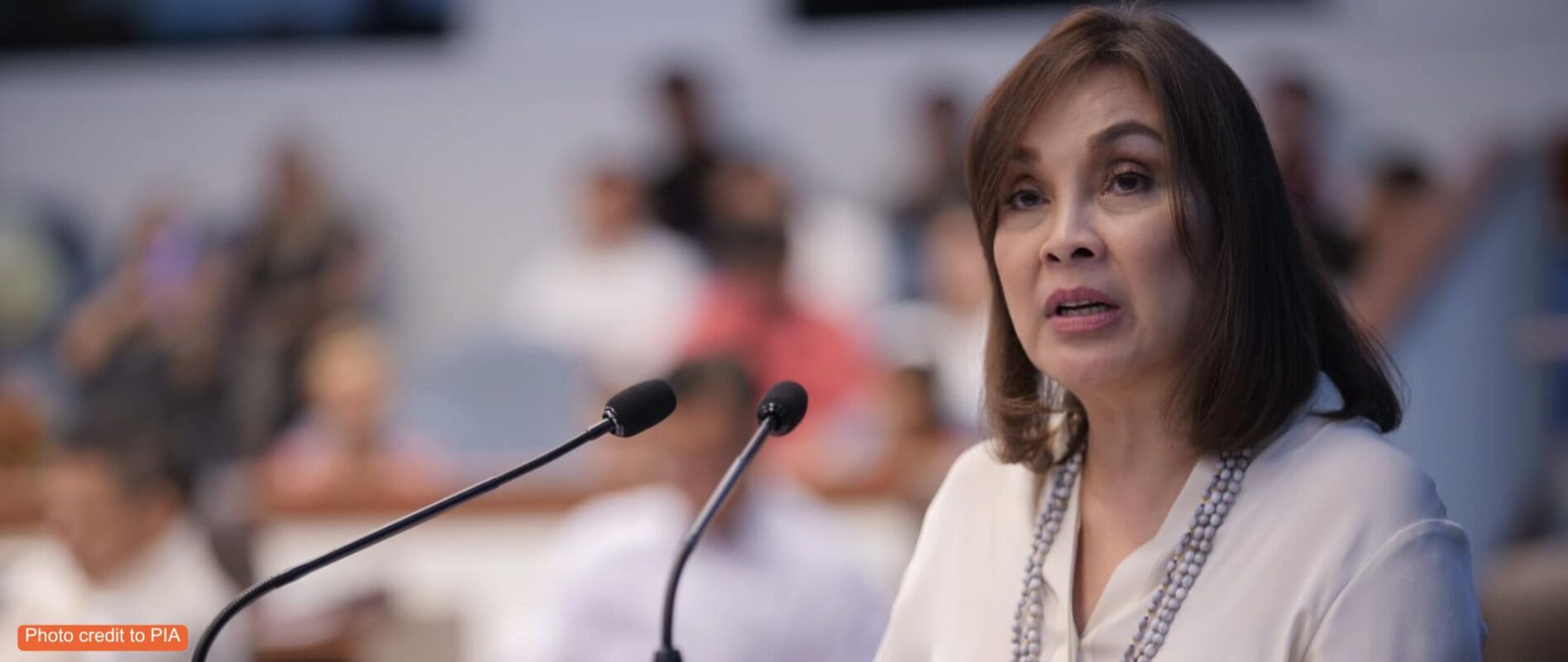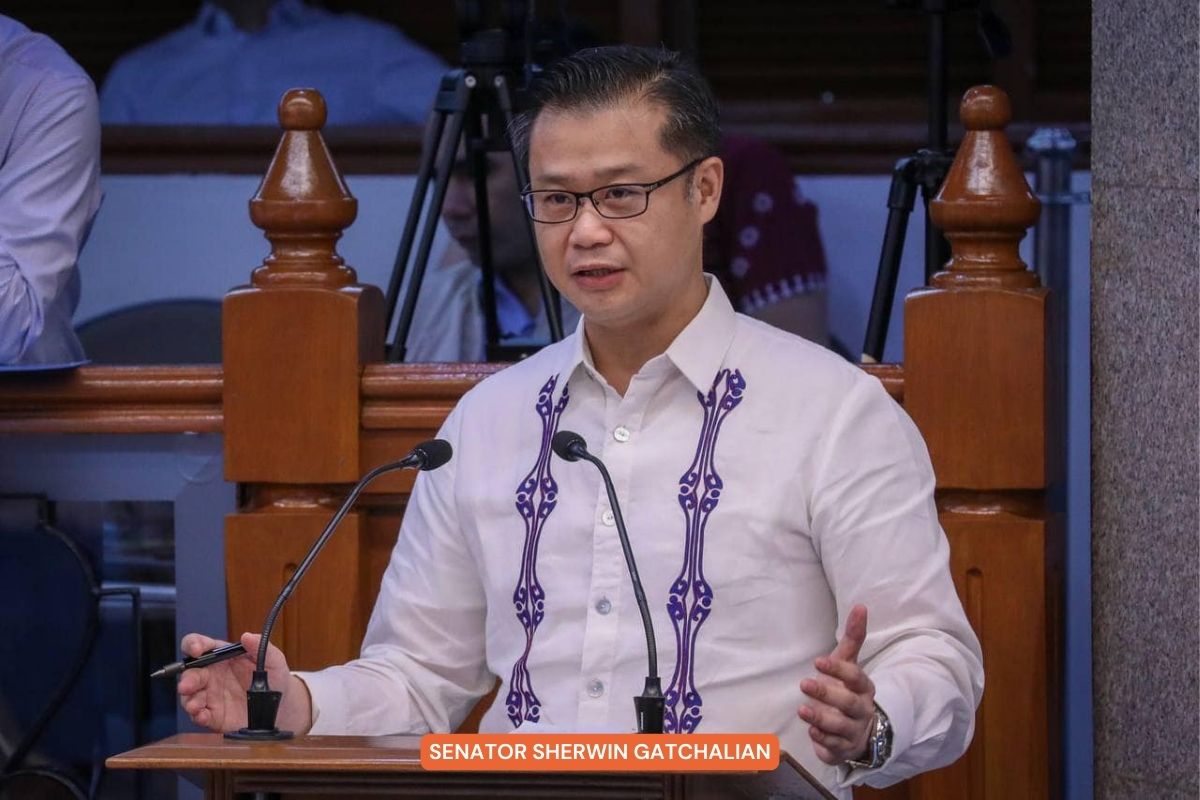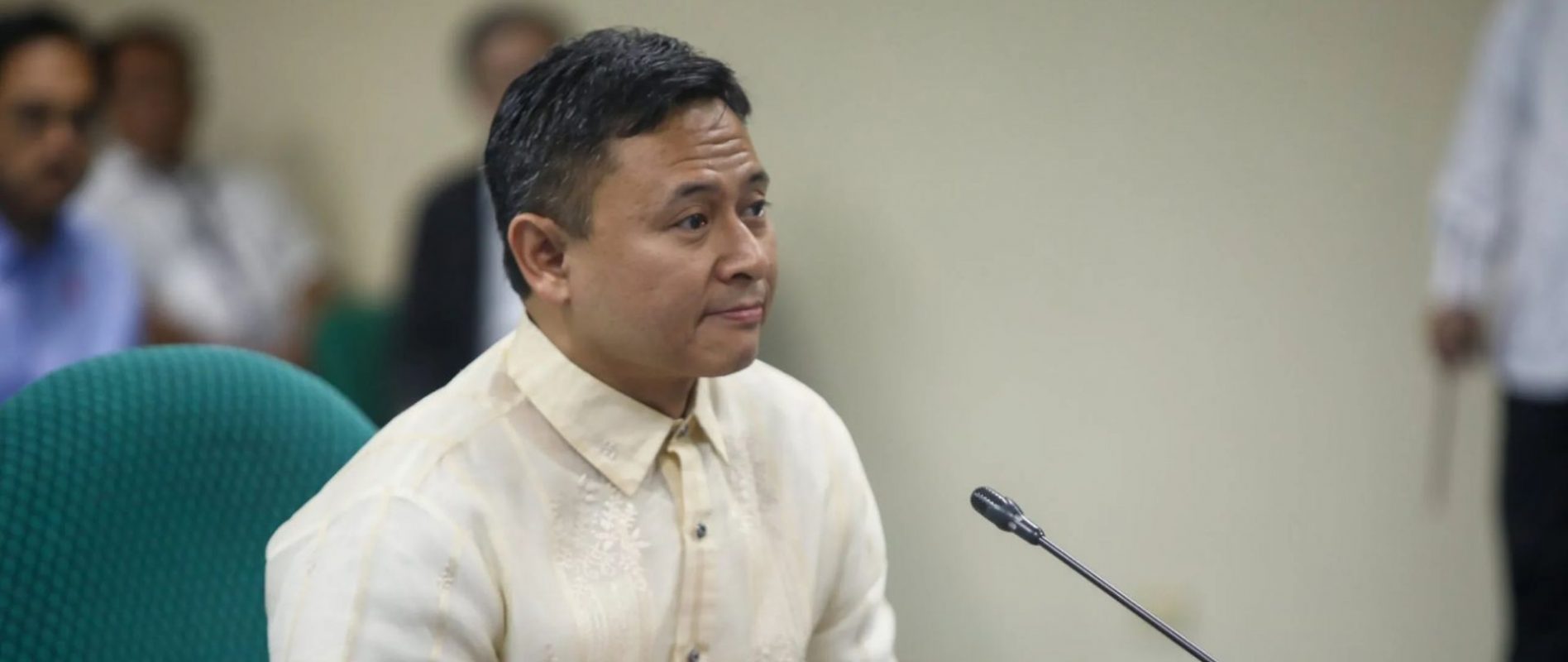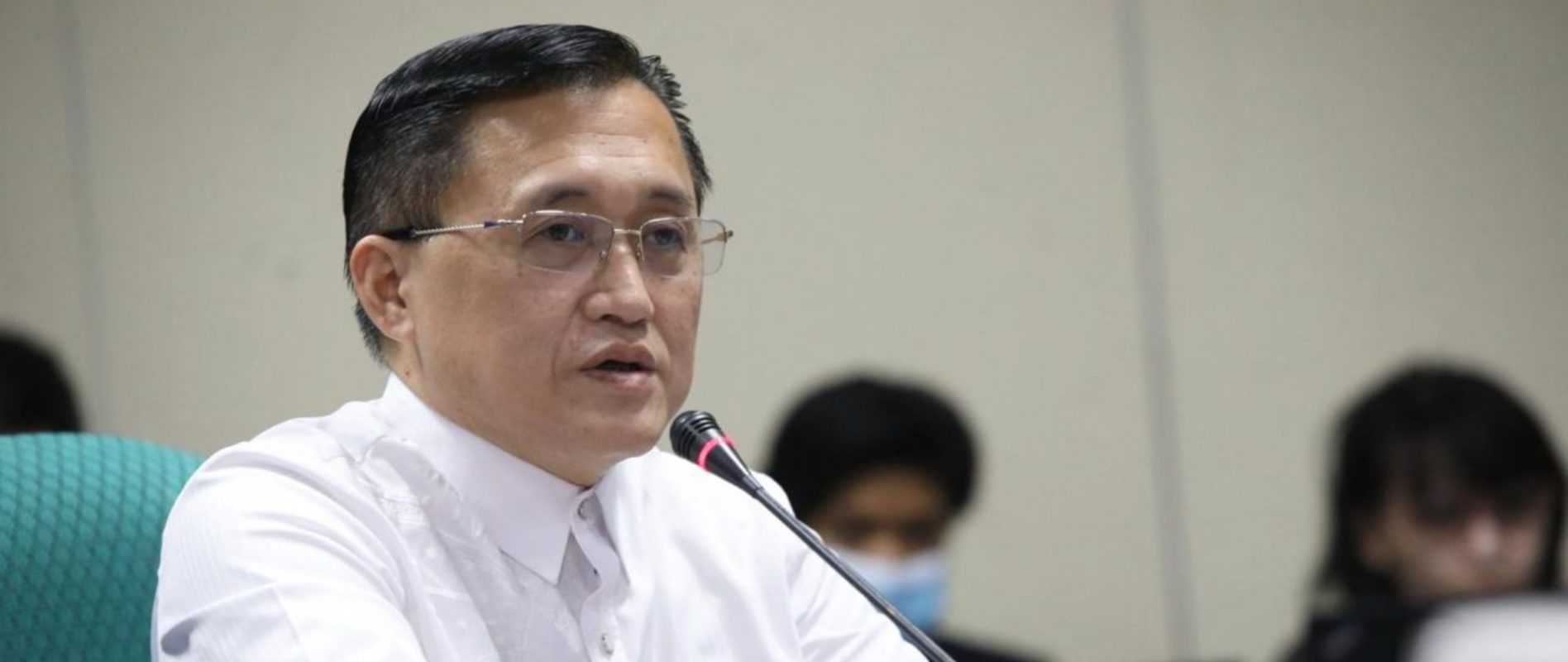SENATOR BACKS CHED’S DATA-DRIVEN, VALUES-CENTERED AGENDA FOR HIGHER ED
SENATOR Alan Peter Cayetano expressed full support for the Commission on Higher Education’s (CHED) 7-point agenda for 2025–2030, stressing that the country’s higher education system must be both values-centered and data-driven to prepare Filipinos for global challenges.
Cayetano emphasized the importance of creating an environment where students can thrive.
“All around the world, tinitingala ang Pilipino. So ang trabaho ng education – DepEd, CHED, and TESDA – is to provide the good soil or the environment so that the seed can prosper,” he said.
CHED Chairperson Shirley Agrupis, during the hearing, noted that while college participation has risen since the passage of the free higher education law, major gaps remain—particularly in funding infrastructure for state universities and colleges (SUCs).
Cayetano vowed stronger support, revealing that he has tasked his team to gather data directly from SUCs on their infrastructure needs and five-year development plans.
“From December to January next year, I gave them a mission to ask every SUC kung magkano talaga [ang kailangan nila], may five-year plan ba sila, may infrastructure plan ba sila – basics lang,” he said.
The senator added that since CHED has committed to a science-based, data-driven approach, the Senate committee is prepared to align with this direction.
Agrupis, meanwhile, presented CHED’s 7-point “ACHIEVE” agenda for 2025–2030, guided by the values of integrity, agility, modesty, service, accountability, results, and transparency.
Cayetano welcomed this orientation, stressing that education reforms must be grounded on values instilled by families, schools, and churches. He also cited his recently filed Filipino Identity in Values Act, which seeks to institutionalize the teaching of shared Filipino values in schools and government institutions.
The senator likewise underscored the need for closer coordination among CHED, the Department of Education (DepEd), and the Technical Education and Skills Development Authority (TESDA), citing misalignment as a continuing challenge in the K-12 program and technical-vocational certification.
CHED responded that it has begun monthly meetings with DepEd and TESDA to address these concerns.
Looking ahead, Cayetano said one of the committee’s priorities is the passage of the EDCOM III bill, which he co-authored, to enhance coordination and implement integrated reforms across education agencies.
“One of the changes is we’re going to ask the heads of DepEd, CHED, TESDA to sit together, so parang parliamentary na. So instead of purely legislative naming ibibigay sa inyo, we’ll be integrated already,” he explained.
The committee also formed technical working groups to deliberate on priority measures, including Cayetano’s Makakapagtapos Ako Act of 2025, the EDCOM III bill, proposed amendments to the Universal Access to Quality Tertiary Education Act, and bills establishing a governance framework for local universities and colleges.














